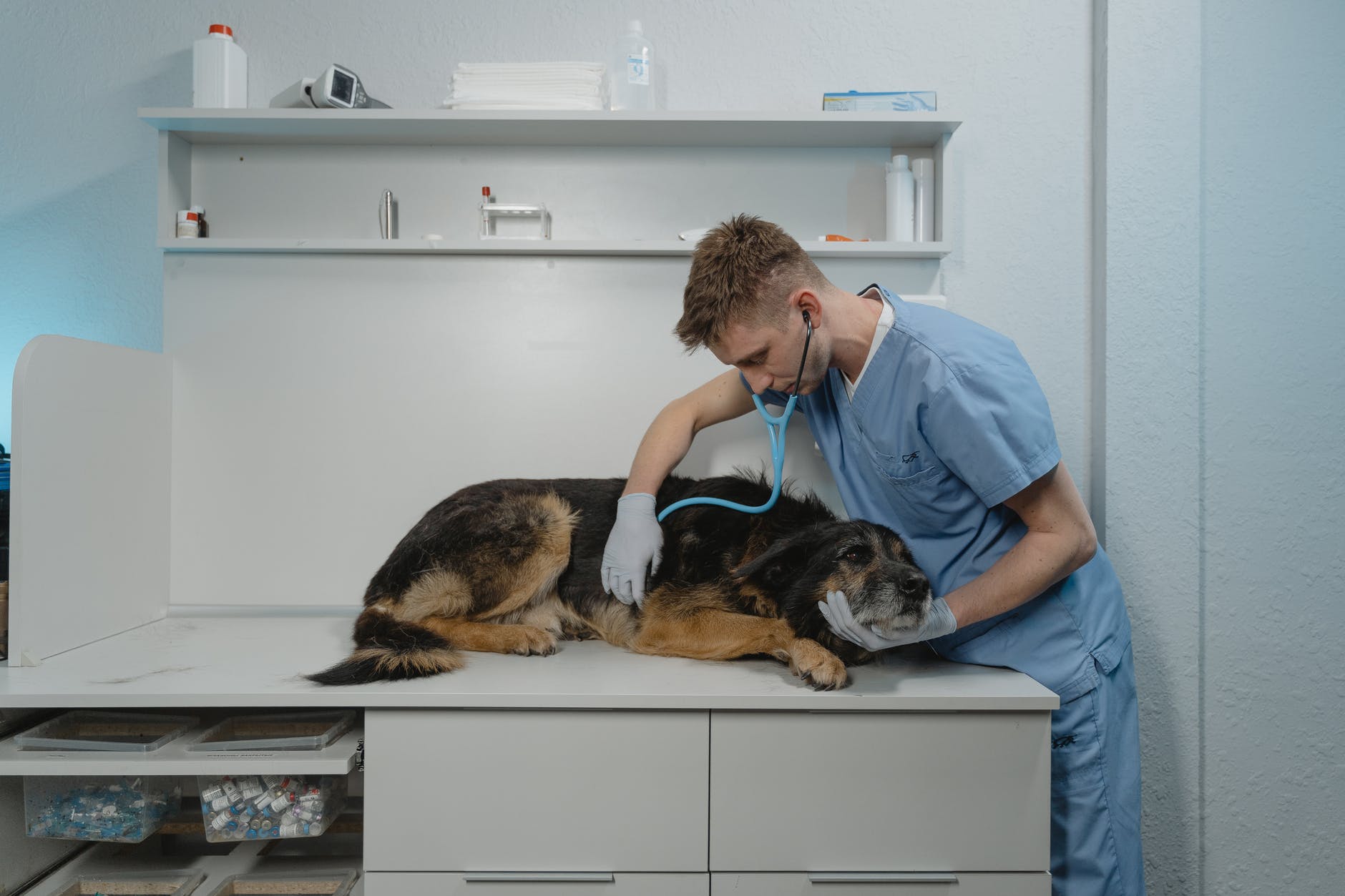
The German Shepherd’s unique qualities include bravery, intelligence, loyalty, and tenacity. This may be why the German Shepherd is among the most popular dog breeds globally.
Common Health Concerns in German Shepherd
Having a German Shepherd dog is like receiving a gift that keeps giving. They are devoted guardians who will bring happiness and laughter into your life. Nevertheless, you must make sure your German Shepherd remains in good health as an owner. Routine physical activity and a nutritious diet are the first steps in this process.
In addition, German Shepherds are susceptible to several health problems, so you must be aware of these. To better know the breed, you need to be knowledgeable about a couple of specifics about it. The most frequent health issues that affect German Shepherds are listed below; watch for them and take a quick response if you do.
Dental Disease
It’s estimated that 80 percent of dogs will obtain some form of dental disease before they turn two. However, German Shepherds are more vulnerable to dental issues than other breeds of dogs. Tartar accumulation on the teeth is the initial sign of dental disease, which proceeds to inflammation of the gums and tooth roots.
If you don’t take care of your buddy’s dental health, they can lose their teeth and be at risk for kidney, liver, heart, and joint concerns. Even with proper treatment, the lifespan of a German Shepherd can be lowered by approximately three years. With the assistance of an experienced veterinarian dentist that provides dog dental cleaning, you can keep your dog’s teeth in great shape.
Hip Dysplasia
Hip dysplasia is more common in German Shepherds than in numerous other large dog breeds. Hereditary hip dysplasia is more widespread in large dogs than in smaller ones, most likely because of the additional stress their more famous growth surges position on their joints. As an example, the German Shepherd has other dysplasias, such as elbow deformation.
Hip dysplasia can cause limping, lameness, arthritis, and discomfort in the hip joints. Hip dysplasia in German Shepherds can be prevented by checking your dog’s weight frequently. If this concern is not taken care of correctly, it might call for surgical treatment to fix them. Bear in mind that the cost of this type of surgical procedure is high. Also, you can visit their surgery page to learn more regarding this procedure.
Bloat
Despite its unexciting name, bloat is a severe illness needing immediate veterinary attention. There are a variety of names for this problem: stomach dilatation and volvulus (GDV), for example. Bloat can be lethal if it is not treated quickly.
The German Shepherd is one of the breeds most susceptible to bloat, as are deep-chested varieties and giant breeds. If you fail to understand the symptoms of bloat and look for immediate veterinary attention, your dog’s life could be in jeopardy. In an emergency, some boarding for pets center provides excellent vet services. They can examine your pet if the primary veterinarian can not see them.
The Takeaway
Don’t let that stop you if you’re thinking about having a German Shepherd but anxious about health concerns. This breed is exceptional for numerous factors, including its intelligence, commitment, agility, and, naturally, its protectiveness. They make great companions when coupled with an appropriate human.
